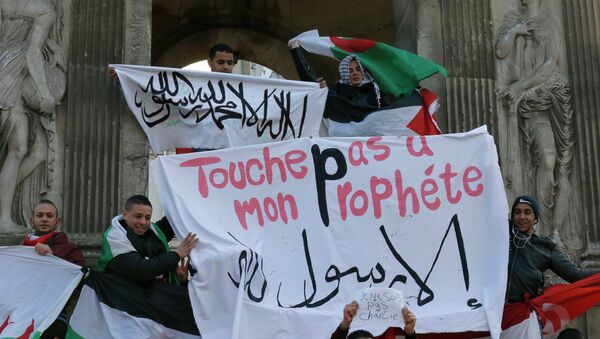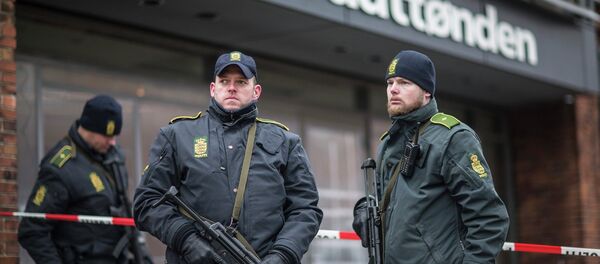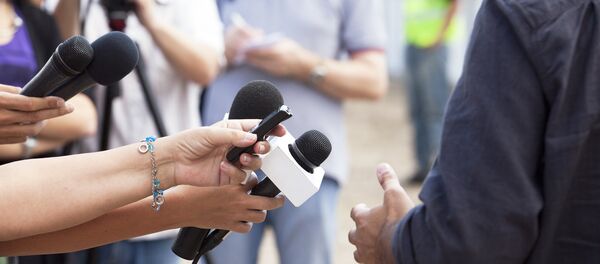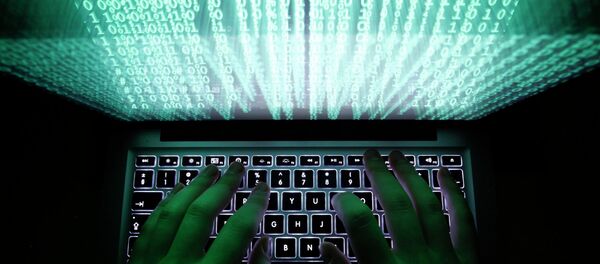“Globally, there is a tendency where frequently more and more artists are being threatened by non-state operators,” Reitov said on Thursday. “In many ways, the picture is not very promising, because many interest groups now know that either through financial means or by threats with weapons they can stop a lot of artists from doing what they are supposed to do.”
“When you look at statistics, China, Russia, Turkey are at the top of the list, but that is also because there is media information about the case. In many countries there is no information at all, so we have to pick information from various sources,” Reitov said. “Let’s take North Korea. They are not even on our list, because you can’t verify the cases there.”
Reitov pointed out that the number of violations globally has been growing, but he said “that’s, basically, because we have more sources, and better sources than we had a couple years ago.”
The number of cases is only the tip of the iceberg, he added, because many cases have not been documented and there are also many instances of self-censorship.
Reitov also pointed out that until recently, artistic freedom defenders could say freedom of expression problems were limited to non-democratic nations only.
“But today, you cannot say that, because several democratic countries have recently experienced attacks,” he said, referring to the last week’s twin shootings at a Copenhagen synagogue and the ensuing debate in democracies on the role of art, blasphemy and free speech.
Despite a lack of heavy-handed state censorship in many countries, religious and interest groups have begun to pressure museums and galleries, because they feel what is exhibited is morally corrupt, he added, and the end result of such pressure is a negative effect on millions of people.
“We have to remember that one attack against performance may have huge effects on the whole society,” Reitov said.
Heated debates over freedom of expression intensified in January, after 17 people were killed in France in a series of attacks, including the Paris attack on the offices of the satirical magazine Charlie Hebdo, known for its cartoons lampooning Islam.




